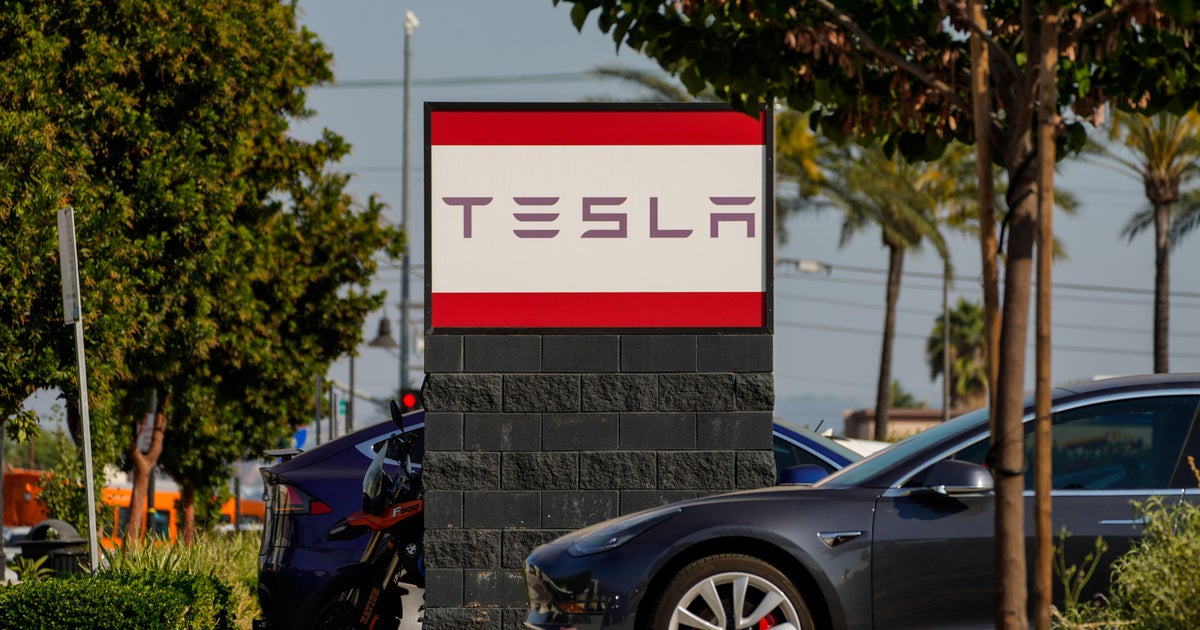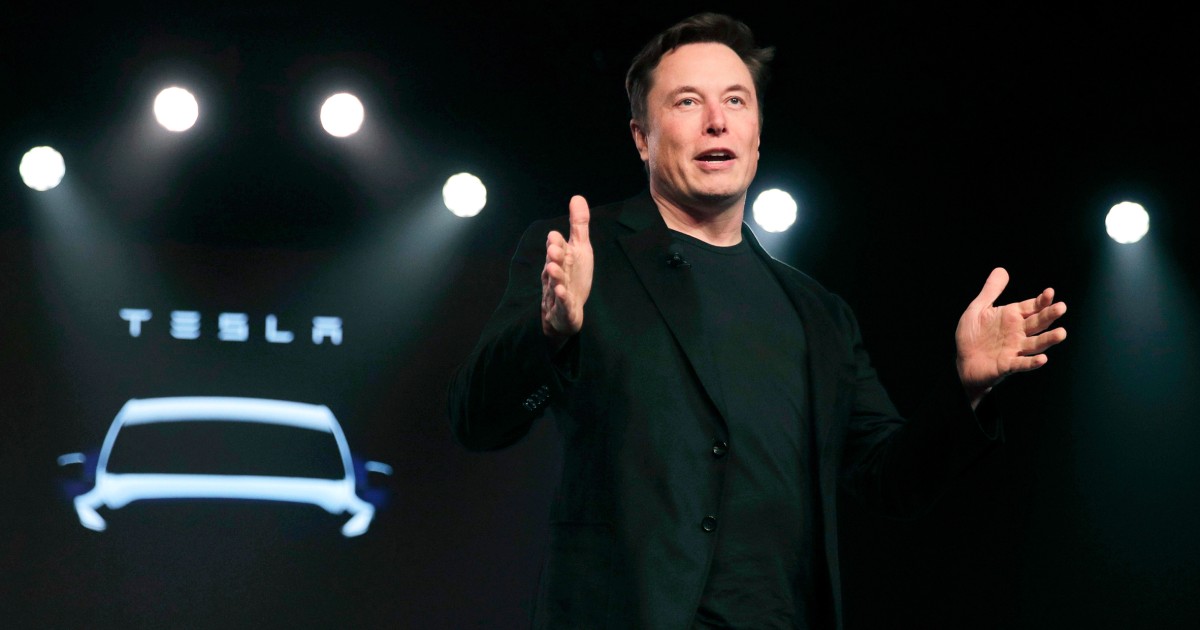Tesla Faces Legal Challenges Over Autopilot System in Fatal Crash Trials
Tesla is on trial in Miami over its Autopilot system's alleged malfunction in a fatal crash, with plaintiffs seeking punitive damages.
Subscribe to unlock this story
We really don't like cutting you off, but you've reached your monthly limit. At just $5/month, subscriptions are how we keep this project going. Start your free 7-day trial today!
Get StartedHave an account? Sign in
Overview
- Tesla is currently facing a civil trial in Miami regarding a fatal crash involving its Autopilot system, which is under scrutiny.
- The lawsuit centers on the death of a university student who was stargazing when the crash occurred, raising questions about Autopilot's reliability.
- Plaintiffs are pursuing punitive damages and compensation for medical costs related to the incident, highlighting the stakes of the trial.
- Legal actions against Tesla were initiated in both 2021 and 2024, addressing issues with the Autopilot system in fatal accidents.
- The trial comes as Tesla grapples with declining sales and stock prices, intensifying scrutiny of its self-driving technology.
Report issue

Read both sides in 5 minutes each day
Analysis
Center-leaning sources frame the Tesla Autopilot trial as a critical examination of the technology's safety and accountability. They emphasize the plaintiffs' claims of defects and seek punitive damages, reflecting skepticism towards Tesla's practices. The narrative suggests a broader concern about corporate responsibility amid Tesla's declining market performance.
Articles (4)
Center (3)
FAQ
The fatal crash occurred when the Tesla Model S, while its Autopilot was engaged, blew through flashing red lights, a stop sign, and a T-intersection at nearly 70 mph. The driver was reportedly distracted, reaching for a dropped cell phone when the accident happened, which sent a student flying 75 feet and severely injured her boyfriend.
The plaintiffs are seeking punitive damages as well as compensation for medical costs related to the fatal crash involving Tesla's Autopilot system.
Tesla is defending itself by blaming the crash solely on driver error, stating that the crash was caused by a distracted driver who was reaching for a dropped cell phone, and that the Autopilot system was not at fault.
The trial is significant for Tesla as a judgment against the company could be damaging to its efforts to convince the public that its self-driving technology is safe, especially as Tesla plans to roll out hundreds of thousands of robotaxis on U.S. roads by the end of next year.
Trials against Tesla over Autopilot-related crashes are rare; the company often settles such lawsuits confidentially. This Miami trial is unusual, especially because the plaintiffs are allowed to argue for punitive damages.
History
- This story does not have any previous versions.


